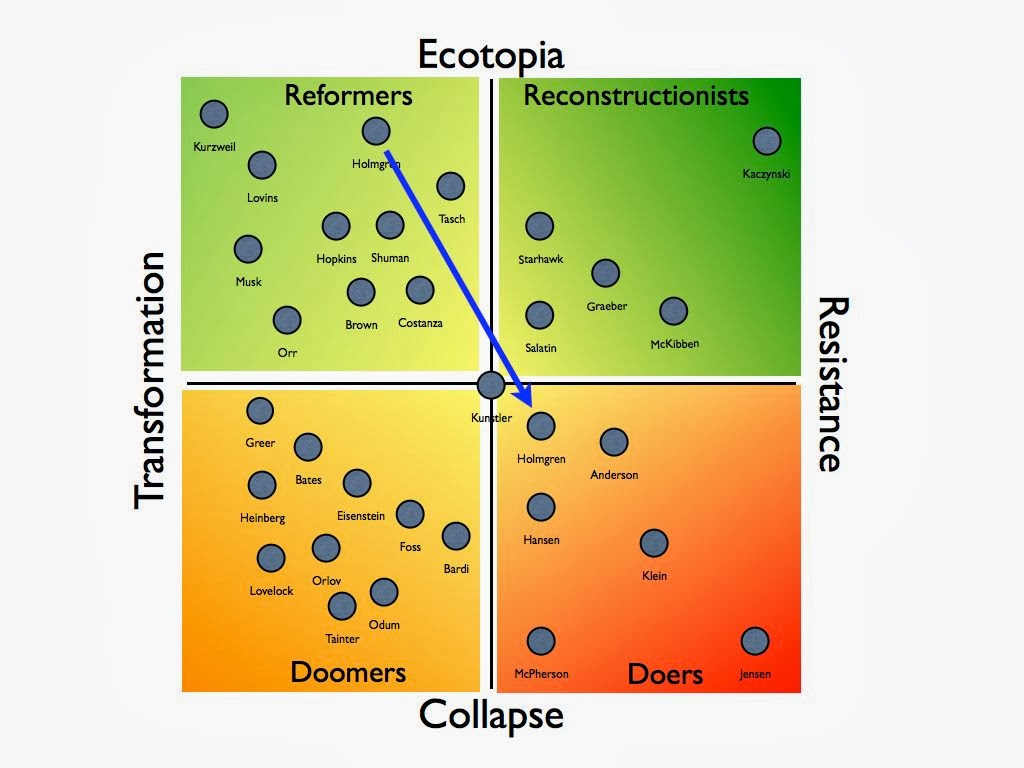
http://tompride.wordpress.com/2014/02/1 ... t-dieting/
Moderator: Peak Moderation
To a certain extent, the answer is indeed that simple.biffvernon wrote:Because they are stupid.Mean Mr Mustard wrote:While there are a few notable exceptions, why is it that those of a Right-wing persuasion are often climate sceptic cornucopians?
The above is an important point and I would add the following:UndercoverElephant wrote:To a certain extent, the answer is indeed that simple.biffvernon wrote:Because they are stupid.Mean Mr Mustard wrote:While there are a few notable exceptions, why is it that those of a Right-wing persuasion are often climate sceptic cornucopians?
It is related to belief of many on the right about a "left wing conspiracy" in academia in general. There is a connection between being intelligent and well educated and understanding that the sort of things believed in by the political right tend to be naive/stupid. And right wing academics tend to run into credibility problems.
http://www.dailymail.co.uk/news/article ... perts.htmlNo, global warming did NOT cause the storms, says one of the Met Office's most senior experts
which is perfectly true, but the Mail then infers that‘There is no evidence that global warming can cause the jet stream to get stuck in the way it has this winter. If this is due to climate change, it is outside our knowledge.’
which it does not.His statement appears to contradict Met Office chief scientist Dame Julia Slingo.
and then this evening thus:I said that the models don't tell us much about how the jet stream is affected by climate change. I don't disagree with Julia
Watch out for tomorrow's episode.Together with the Met Office I'll be putting out a statement tomorrow clarifying the statements in the Mail on Sunday article.
Gavin Schmidt ‏@ClimateOfGavin
If choice is btw thinking @mat_collins & Slingo fundamentally disagree, or that Daily Mail is making up stuff again, I'd go w/#2 #Bayesian
An article by David Rose appeared yesterday in the Mail on Sunday entitled: ‘No, global warming did NOT cause the storms, says one of the Met Office’s most senior experts’
In it he says that Mat Collins, Professor in Climate Systems at Exeter University, ‘appears to contradict’ the report released by the Met Office last weekend and that he ‘declined to comment on his difference in opinion’ with one of the report’s authors, Dame Julia Slingo.
This is not the case and there is no disagreement.
Over the past 100 years the intensity of UK precipitation has increased during winter, and to a lesser extend also during spring and autumn. This has been accompanied by more frequent spells of very wet weather and an increase in total precipitation, at least during the last 40 years
Agreed, in my opinion avoiding 2+ degrees warming is not compatible with the continuation of any kind of 7bn+ civilisation. The 'pro-active' mechanisms are hopeless. In fact, mitigating just a little bit of climate change. Pushing the impact timeframes out by a few decades may actually cause more net damage than early impacts/collapse.Tarrel wrote:Everything I'm reading is telling me that nothing short of a full global economic crash and/or reforestation on a massive scale is going to bring us back from the tipping points we are approaching. The socio-political mechanisms just don't exist on a global scale to precipitate the behaviour changes we need to make in a controlled way.
So, you accept that a global human population of 7+ billion human is unsustainable and that a large and early collapse of human civilisation leading to a significant die off is probably our best chance for making it into the deep future? If so, we are singing from essentially the same page CLV.clv101 wrote:Agreed, in my opinion avoiding 2+ degrees warming is not compatible with the continuation of any kind of 7bn+ civilisation. The 'pro-active' mechanisms are hopeless. In fact, mitigating just a little bit of climate change. Pushing the impact timeframes out by a few decades may actually cause more net damage than early impacts/collapse.Tarrel wrote:Everything I'm reading is telling me that nothing short of a full global economic crash and/or reforestation on a massive scale is going to bring us back from the tipping points we are approaching. The socio-political mechanisms just don't exist on a global scale to precipitate the behaviour changes we need to make in a controlled way.
If we accept that collapse is inevitable, then in the looong run, an early collapse may less damaging than a delayed collapse. The more damaging, delayed collapse may be what pro-active mitigation gets us.
Did you see this I wrote a few years ago: http://chrisvernon.co.uk/2012/12/recognising-reality/
